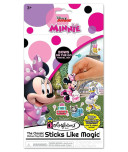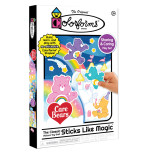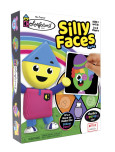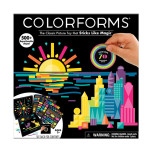We use cookies to make your experience better. To comply with the new e-Privacy directive, we need to ask for your consent to set the cookies. Learn more.
Use time-proven literature adaptations alongside level-specific guides to study classical literature. The ancient classics become accessible with such favorites as Aeneid for Boys and Girls, Rosemary Sutcliff's Black Ships Before Troy and The Wanderings of Odysseus, or D'Aulaire's Book of Greek Myths, and more. Each guide follows a pattern: read a book chapter, examine characters, complete map work, and then students either write out comprehension answers in a chosen workbook, a notebook, or answer verbally. Tailor your workbook choice to your student. Relaxed (also called A) workbooks are simple format, with short answers and a minimal list of main characters and map tasks. The Studious level (B) will write out comprehension answers, learn main and minor characters, and add more map tasks. The Scholarly level (C) includes all material in previous levels, including every character and place mentioned (although the author does not expect 100% retention). This level also adds comprehension and discussion questions that flesh out characters and concepts, while stressing Biblical application.
The Answer Key includes all answers for comprehension and discussion questions, as well as character and mapping lists. The most economical way to use the program is to get the novel and the Answer Key, with all work done orally. The Key is handy with multiple student levels. The Complete Guideincludes the questions in the front for students, so they wouldn't need the workbook (they can write in a notebook or answer orally), and questions and answers are at the back. ~ Ruth








